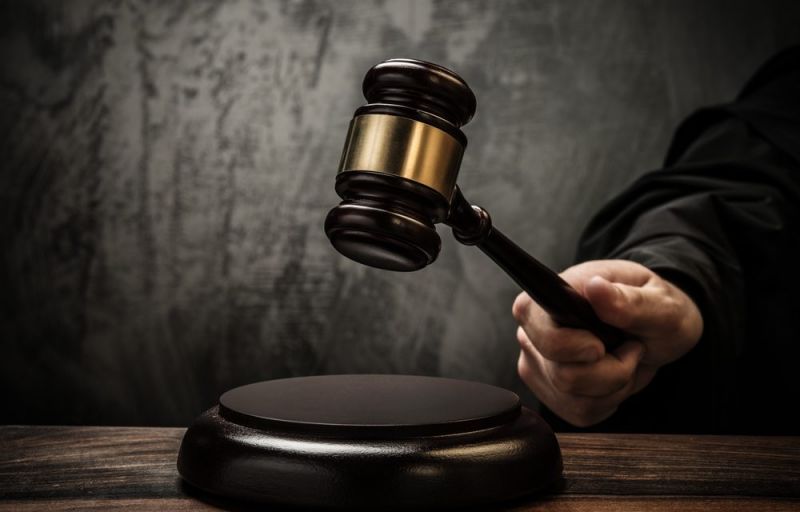New Delhi: Religious profiling is contrary to our constitutional creed said Delhi High Court Justice Justice Rajiv Shakdher to Centre while hearing a petition filed by Indian-origin man Mohd Abdul Moyeed who migrated to Canada after he was not allowed to visit his wife and disabled child in India.
The Delhi high court has cautioned the Centre against such activities and directed it to again re-examine the visa request of Mohd Abdul Moyeed, TOI reported.
According to Moyeed’s plea as soon as he landed in Hyderabad in 2015, he was confined by immigration authorities and was immediately deported back to Canada without any explanation.
Delhi Court bench headed by Justice Rajiv Shakdher said: “Every violation of visa norm cannot possibly lead to banning a person from entering into the country unless there is material to show that the person concerned acted in a manner which was inimical to our national interest.”
He went further on warning Centre from exhibiting such activities and said: “It is to be borne in mind that profiling a person solely on the basis of the religion he or she practices is contrary to our constitutional creed.”
The Centre has blacklisted Moyeed solely because he visited mosques and spoke to Muslim people in Mewat district of Haryana regarding his visit and the ‘Tabligh-e-Jamaat’ ideology, which is in no way against the constitution or religious harmony.
Responding to HC, the Centre in their defense said the petitioner visited India on a tourist visa and hence could not have undertaken the said activity.
But the High Court observed that the Indian Immigration authorities have not given Moyeed chance to explain himself and hence have “wronged the petitioner”.
Now the High Court has directed the Indian government to reconsider to include his name in the blacklist while also giving him a chance to personal hearing if needed or required.
The court further directed the government must “also take into account his family status, his status in the Canadian society, his track record of having claimed no involvement whatsoever in any criminal activity and his general reputation amongst the members of his community who reside in India.”

